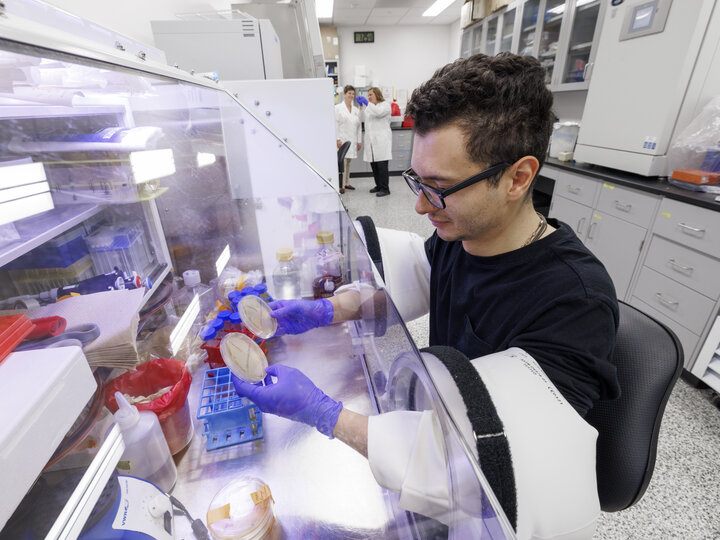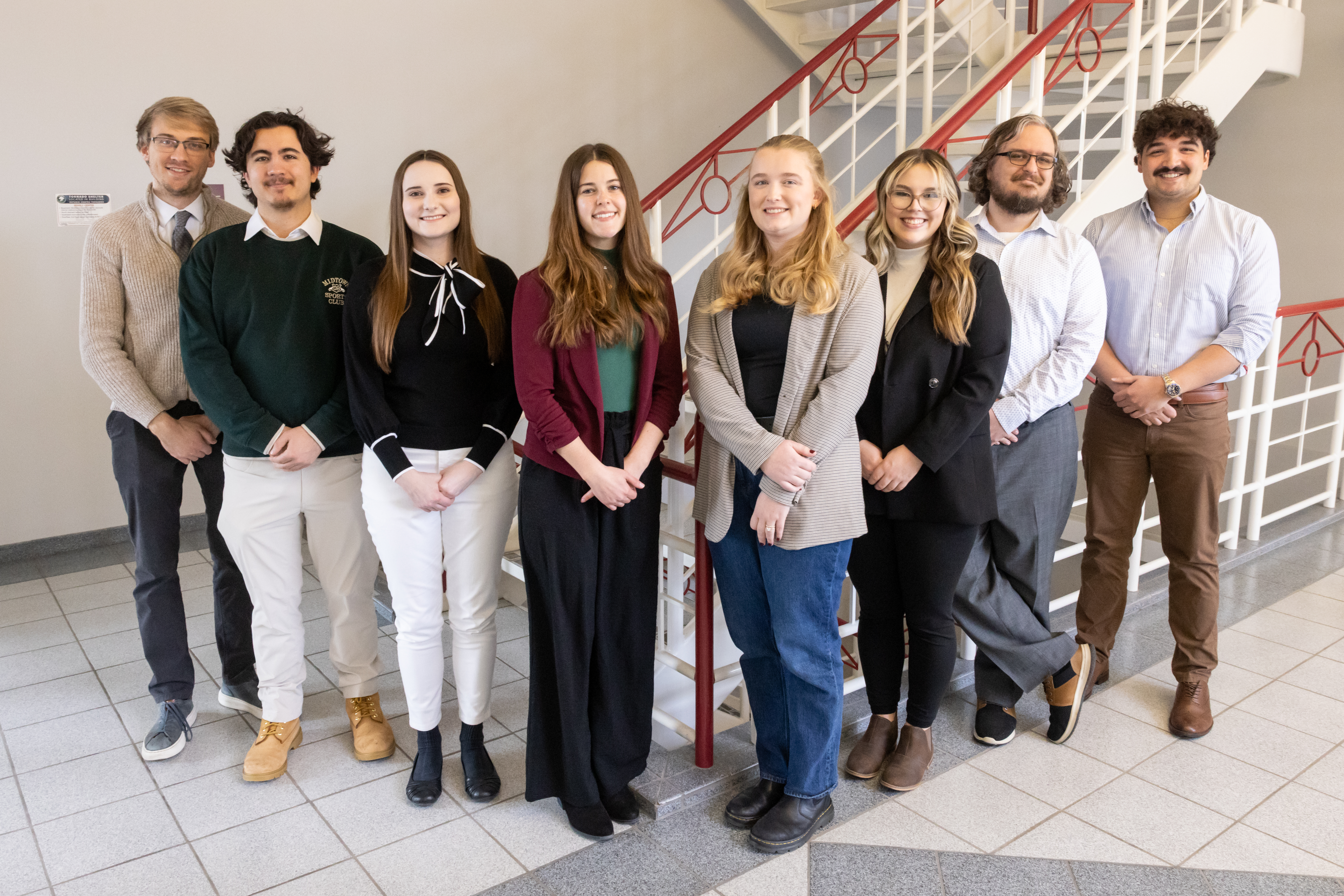The Molecular Mechanisms of Disease (MMoD) Predoctoral Training Program is supported by grant T32GM136593 from the National Institute of General Medical Sciences (NIGMS). The goal of our program is to develop outstanding new scientists who work in collaborative multi-disciplinary teams to research disease mechanisms using quantitative approaches that ultimately yield tangible strategies for prevention and therapy. Our program provides a framework for students to assemble a broad knowledge base, actively seek research collaborations, produce an outstanding record of original published research, and develop presentation, proposal-writing, and leadership skills that will position them for future excellence as independent researchers focused on mechanisms of disease progression.
Research in the program is broadly focused on defining components of disease progression at the level of molecular interactions and chemical transformations. To accomplish our goal of training future scientists who work collaboratively in teams to solve complex problems, we have identified four key elements of disease systems and organized teams of mentors representing multiple disciplines.
Molecular Signaling
Learn More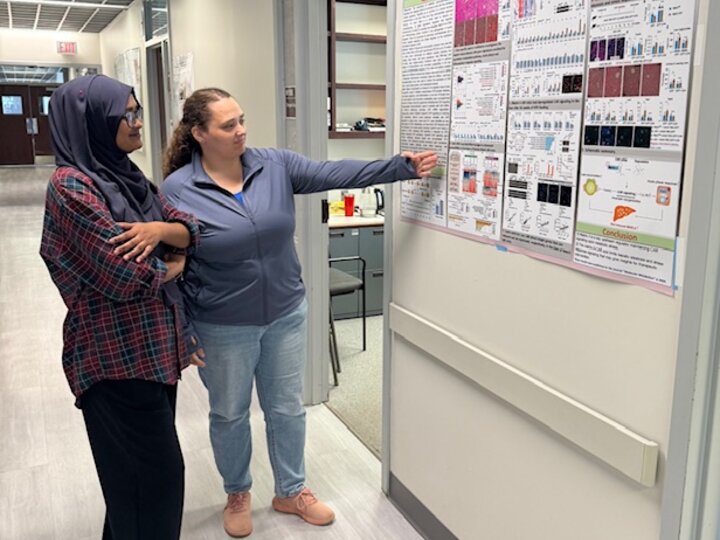
Metabolic Integrity
Learn More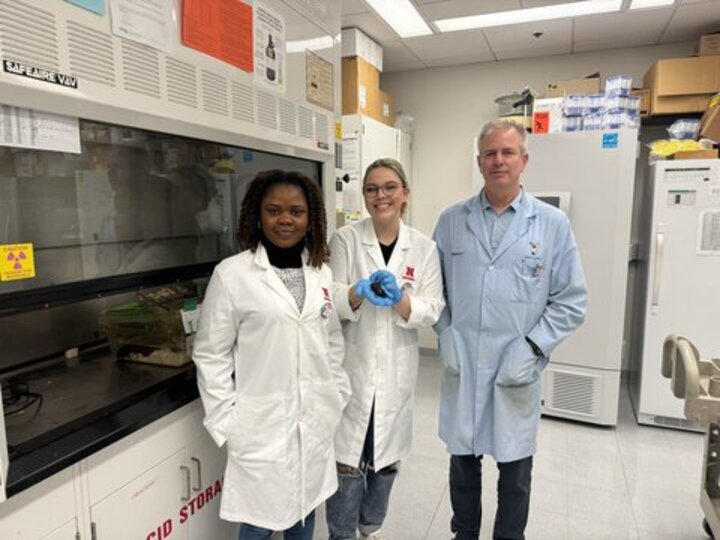
Oxidative Stress & Redox Mechanisms
Learn More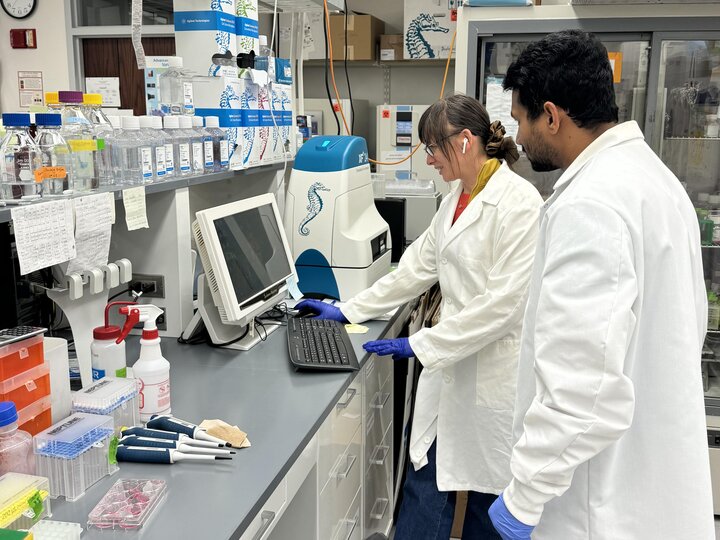
Disease Microenvironment
Learn More